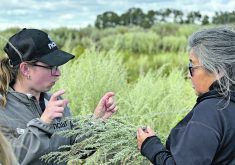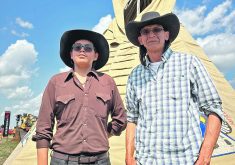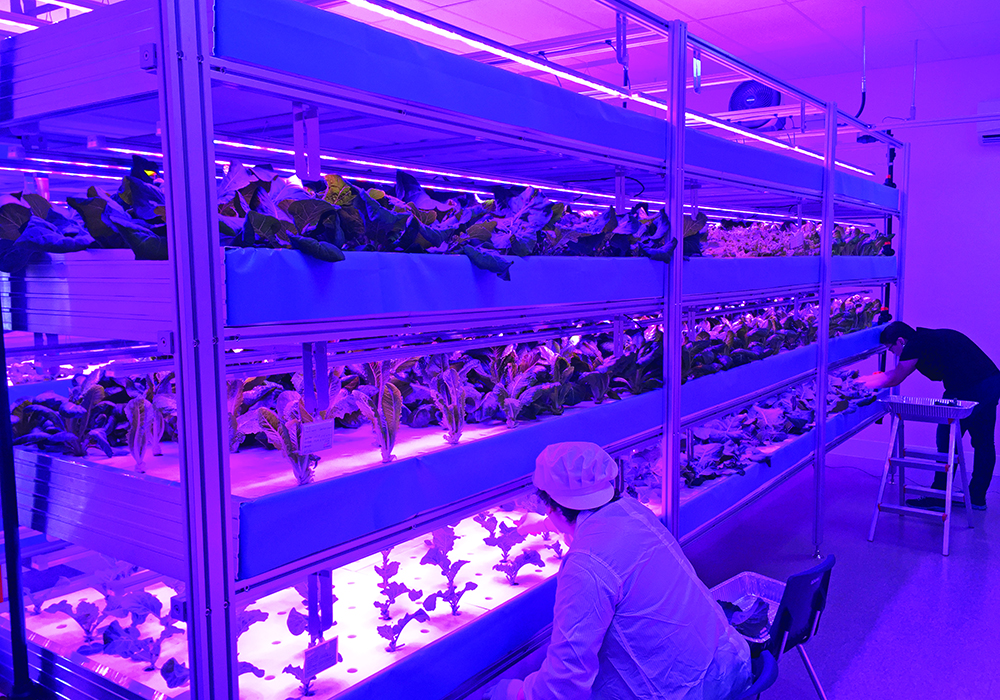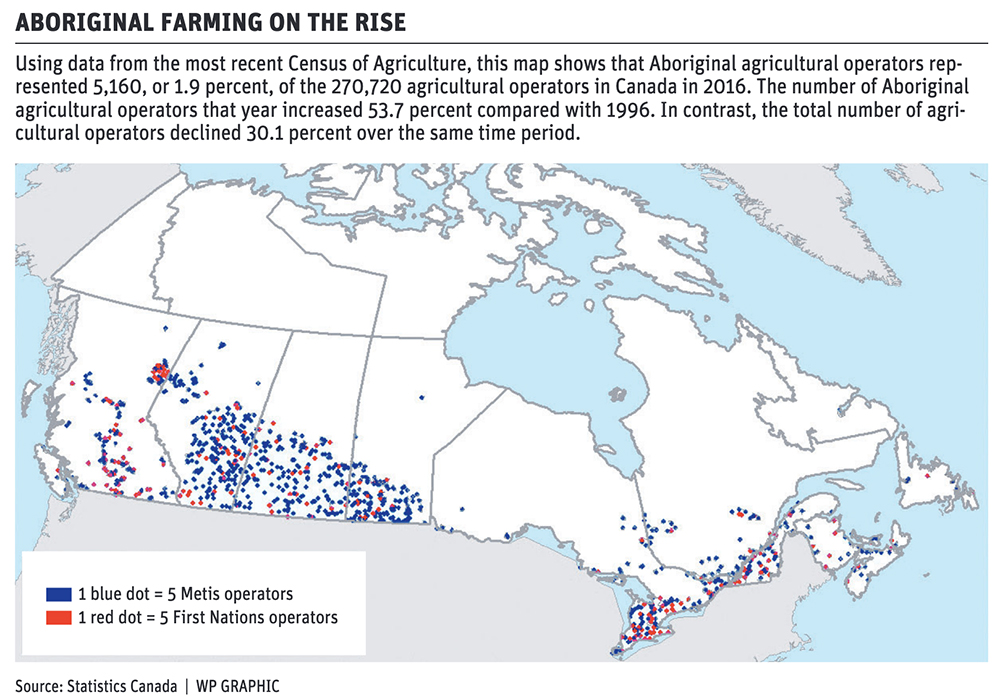Canada’s treaties promised First Nations a way to participate in agriculture, but those commitments were rarely met
The National Day for Truth and Reconciliation will take place Sept. 30.
REGINA — Agriculture is very much an ongoing part of Canada’s truth and reconciliation process.
The announcements that First Nations are signing what are colloquially known as “cows and plows” agreements represent that effort.
Read Also

Farmers asked to keep an eye out for space junk
Farmers and landowners east of Saskatoon are asked to watch for possible debris in their fields after the re-entry of a satellite in late September.
Related story: Responsibility seen as key component of reconciliation
They are, in fact, specific claims for treaty promises that went unfulfilled, and last year Canada announced an expedited resolution process for First Nations in Treaties 4, 5 and 6 and a similar process in Treaties 8 and 10.
Federal budgets have allocated hundreds of millions over the years to pay out various specific claims such as these and in other treaty areas. Budget 2023 approved an extra $8 billion, in a frozen allotment, to settle the agricultural benefit claims in Treaties 4, 5, 6 and 10.
The idea is to speed up the process and it seems to have worked with a number settled in the last year.
In August 2024, the Sturgeon Lake First Nation in Treaty 6 territory accepted $152 million, or about $30,000 per member. Funds for minors will go into a trust, and the band will set aside $36 million for a legacy trust fund and $12 million for a community development fund.
Later that month, the Lac La Ronge Indian Band, also in Treaty 6, approved a $601.5-million settlement.
English River First Nation earlier this year agreed to $90.9 million. All intend per capita payments and trust funds.
“Canada failed to uphold the cows and ploughs promise in Treaty 10 and acted without considering the economic and historical implications. We will continue to rebuild trust in our relationship with the English River First Nation in order to address past wrongs,” Crown-Indigenous Relationships minister Gary Anandasangaree said in a statement at the time.
Similarly, First Nations in other provinces and treaty territories have filed or settled agricultural claims before the expedited process.
The treaties promised the necessities for First Nations to feed themselves and earn a livelihood.
Treaty 4, signed in 1874, included, among other things: twine, two hoes, a spade, scythe, axe and seed for each family; a plow and two harrows for each 10 families; oxen, a bull, four cows and other tools.
The failure to live up to those promises hindered the communities in many ways, the bands have said and the federal government has recognized.
The Office of the Treaty Commissioner did not reply to a request for comment on the settlements. On its website, the OTC said the government “rarely completely fulfilled” its agriculture obligations.
“This significantly limited the ability of First Nations to grow and develop their economies,” the office said.
Former commissioner Mary Musqua-Culbertson said she disliked the term “cows and plows” because treaty rights were more than that.
“The Treaty Agriculture benefit was intended for people to be able to participate in the economy of the day, which was farming. It would allow for land to be allocated and the provision of what a farmer needs to farm, including seeds and equipment,” the OTC said.
According to Crown-Indigenous Relations spokesperson Carolane Gratton, 13 First Nations have settled their agriculture benefit claims since last year under the expedited process.
Those claims are worth $1.5 billion.
“There are currently 15 agricultural benefit claims from Treaties 4, 5, 6 and 10 that have been submitted and awaiting assessment, 10 under assessment and 49 in negotiations,” she said.
The settlements are a way to address past wrongs and build a better future, Gratton added.
“Negotiated settlements help address past wrongs, honour treaty/legal obligations and renew relationships with First Nations for the benefit of all Canadians,” she said.
“They can also help renew relationships and create new opportunities for First Nations to invest in a brighter future for their communities.”


















